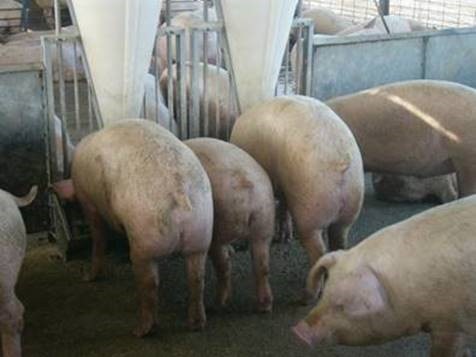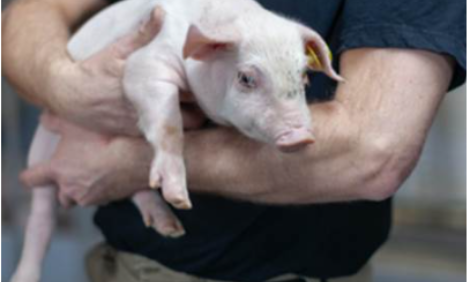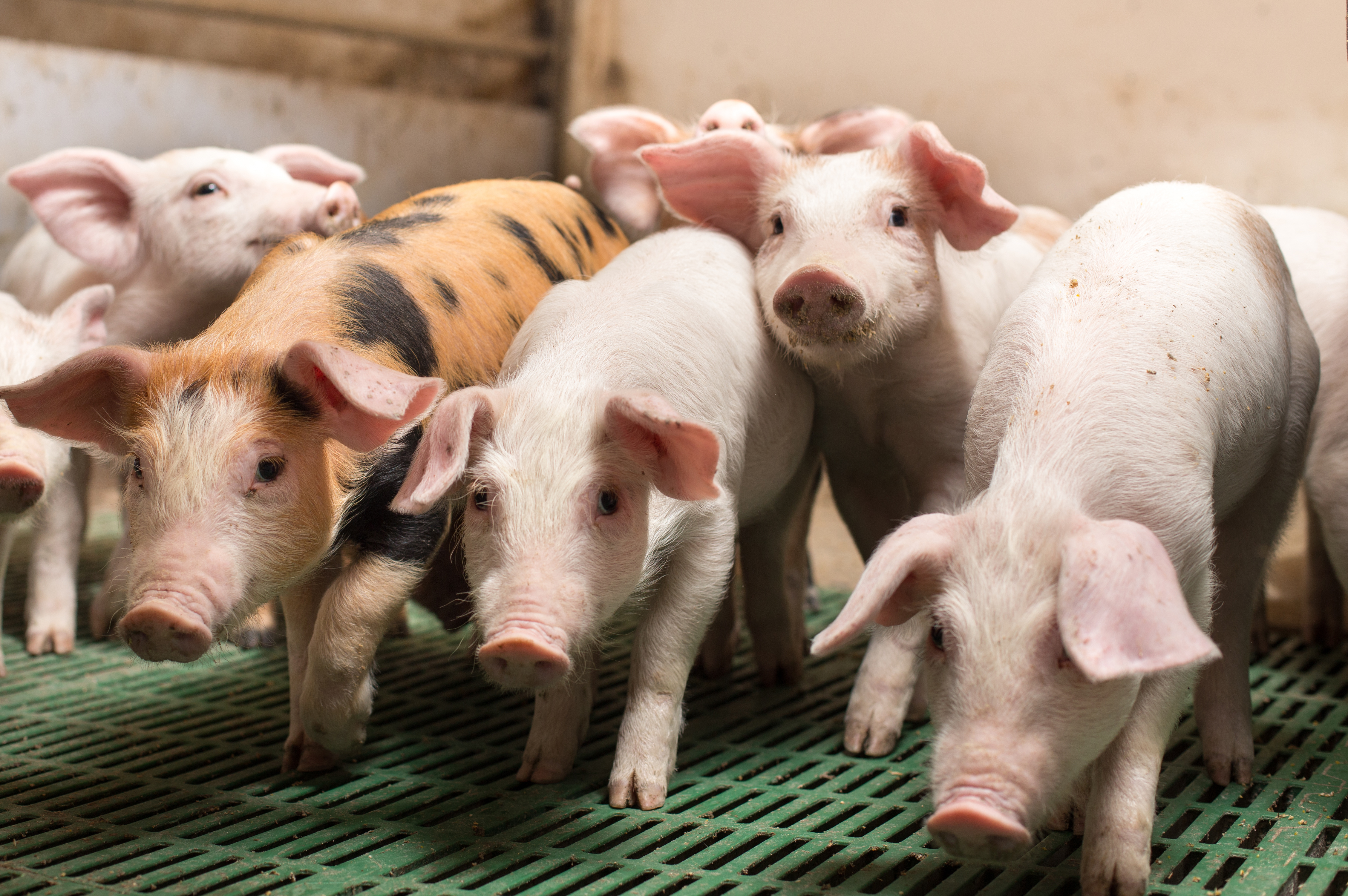



PCV2 disease and economic impact in pigs
Despite the majority of the global population of pigs being vaccinated against PCV2, the virus is still endemicPart of Series:
Next Article in Series >

The virus itself is tiny, the smallest known freely replicating virus in all vertebrates, but its impacts can be huge. It is involved with a broad range of diseases and production issues in pigs, most notably postweaning multisystemic wasting syndrome (PMWS) and porcine dermatitis nephropathy syndrome (PDNS), but it can also have a role in porcine respiratory disease complex (PRDC), reproductive failure, enteritis and subclinical disease. Interestingly in research institutions where they have wanted to reproduce PCV2 disease in pigs, giving the animals PCV2 virus alone has repeatedly failed to stimulate disease; another infectious agent is normally given simultaneously in order to recreate PCV2 clinical signs, underlining the complex and multifactorial nature of PCV2 associated disease.
Although we don’t fully understand the PCV2 virus, it is thought to be immunomodulatory, meaning it effects how the pig’s immune system functions. The immunomodulating impacts are seen in PCV2 pathology in the lymphoid tissues during clinical disease, the exacerbation of other diseases in the pig herd, and some studies have even shown that PCV2 infection can impact a pig’s response to other vaccines1.
The most common form of PCV2 disease is subclinical; PCV2 subclinical disease can be defined as cases where there are no clear clinical signs, no or minimal lesions, a low amount of PCV2 virus present in the pig and a decrease in average daily gain2. Alarcon et al (2013)3 estimated the cost of PCV2 subclinical infection and PMWS cases in England:
- PMWS case fatality = £84.10 loss per pig
- PMWS case survives to finish = £24.50 loss per pig
- Subclinical PCV2 infection* fatality = £82.30 loss per pig
- Subclinical PCV2 infection* survives to finish = £8.10 loss per pig
Subclinical cases of any disease can be difficult to identify as it is not always easy to see the production a unit could be achieving, as the health and growth rates could be perceived as ‘normal’ for that unit. The cost of subclinical disease soon adds up, using Alarcon’s cost estimation at £8.10 per case, assuming the pig survives, for a 1000 sow herd finishing pigs, with 20% of the piglets being affected by PCV2 subclinical disease there could be an ‘unseen’ economic loss of over £45,000 a year.
It’s only when you implement a successful management factor that improves production that you may reveal the impact that subclinical disease was having. It is interesting to think that although clinical disease does broadly seem to be controlled by vaccination, with the high prevalence of PCV2 virus within the population could there still be a high prevalence of subclinical disease which we are not addressing? Perhaps current PCV2 vaccination just addresses the tip of the PCV2 iceberg and there could be a significant opportunity for us to improve the control of this important disease.
- Opriessnig T, McKeown NE, Harmon KL, Meng XJ, Halbur PG. Porcine circovirus type 2 infection decreases the efficacy of a modified live porcine reproductive and respiratory syndrome virus vaccine. Clin Vaccine Immunol. 2006;13(8):923-929.
- Joaquim Segalés. Porcine circovirus type 2 (PCV2) infections: Clinical signs, pathology and laboratory diagnosis. Virus Research. 2012; Volume 164, Issues 1–2
- Alarcon P, Rushton J, Wieland B. Cost of post-weaning multi-systemic wasting syndrome and porcine circovirus type-2 subclinical infection in England - an economic disease model. Prev Vet Med. 2013 Jun 1;110(2):88-102.
* Alarcon et al definition, of subclinical case = PCV2 infected pig that does not show clinical PMWS but has reduced growth and increased susceptibility to other co-infections.
Zoetis UK Limited, 1st Floor, Birchwood Building, Springfield Drive, Leatherhead, Surrey, KT22 7LP. www.zoetis.co.uk. Customer Support: 0845 300 8034. Date of preparation March 2021. MM-13167











